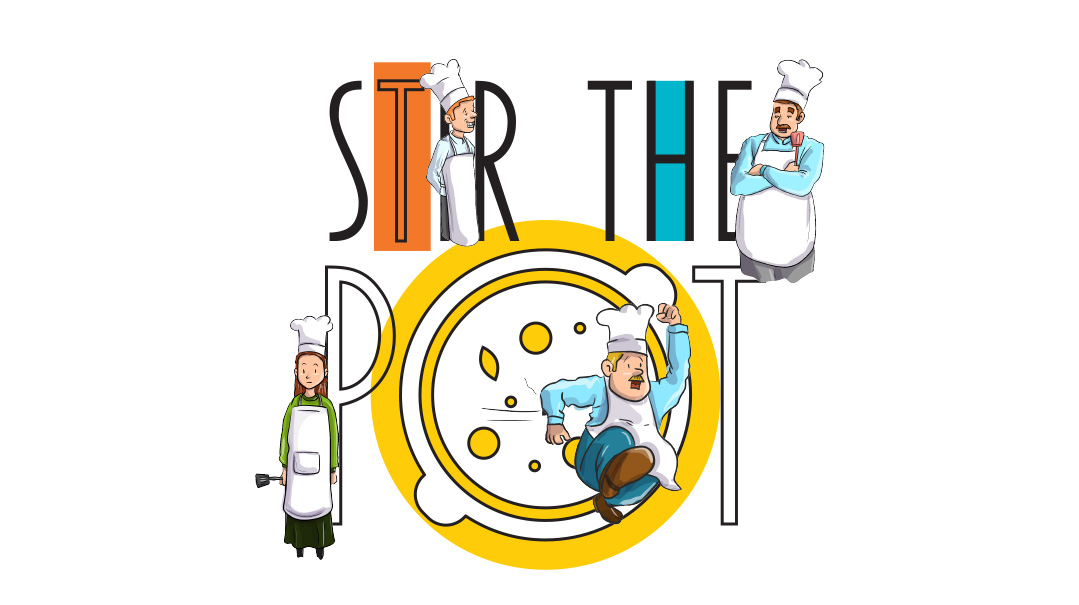Stir the Pot
| October 13, 2024Hadassa Swerds spills the secrets of personal chefs

Illustrations: Esti Saposh
With the Yamim Tovim fast approaching, I’ve taken to double-checking the calendar on my kitchen wall every time I walk past it to see if I’m still surrounded by three-day Yamim Tovim.
In case you’re curious, yes. I still am.
I love Rosh Hashanah and Succos, I really do. What I don’t love so much is all the cooking.
Oh, I know how to cook and I think I do a pretty good job of it. But I wouldn’t say it’s particularly fun for me. Whenever I read a recipe that says, “This one is complicated, but worth it!” I turn the page. But I know that there are many people who absolutely love cooking. And there are those who are so delighted to be in a kitchen, they’ve chosen to make their living cooking for others.
These fascinating individuals are caterers, private chefs, and gourmet cooks. Some are traditionally trained in culinary schools, some learned all they know working in fine restaurants, and some have a natural creative instinct for technique and recipe creation.
I was intrigued. I wanted to talk to these chefs. I wanted to find out what drew them to the kitchen and what made them fall in love with cooking. I wanted to know how they started in this business and where they are now. I wanted to know the upsides and downsides of cooking for other people, their experiences, and the lessons they’ve learned along the way. Also, I wanted to procrastinate instead of getting started on my own Yom Tov menu.
Finally, I figured that if I asked the right questions, I could convince one of these talented chefs to cook for me. This is what is commonly known in the scientific community as a win/win. The chefs interviewed for this piece were generous with their time, patient with my questions, and even more interesting than I could have imagined. Each one could have been an entire article, and I apologize to you, my readers, that you will only be reading snippets of our conversations due to space constraints and the fact that I don’t own this magazine.
Oops! We could not locate your form.






